We’re now living in the age of COVID-19. Whilst a number of months have passed since the pandemic was declared, it’s still a great time of uncertainty – not least for business owners.
Ensuring your finances remain on track should be an absolute priority. From the money coming in to the taxes you’ll need to pay later, there are a few accounting aspects you need to keep both eyes on. Join us as we break down each one.
Accounts receivable
Determine what’s owed to you, and when. This is crucial to understanding cash flow stability, and what you can do to strengthen it – particularly if you’ve had to shut your doors completely during the pandemic, like those in the hospitality sector.
During your review, you may discover that you have a lot of invoices to chase. However, remember that you won’t be the only business struggling; you’ll want to approach conversations about money with an air of caution rather than hostility. If you’re able to, working out a payment plan with specific customers can be a great way of settling invoices without damaging your relationships.
Accounts payable
It’s just as critical to look at what you need to pay and when. You might similarly have to negotiate extensions for these. Many commercial landlords and insurers are considering extending rent deadlines and spreading their costs over a longer period of time. Consider your liquid funds too – you’ll want to analyse the actual cash in the bank and investments you’ve made, and check the terms for these.
With both accounts payable and receivable, it’ll be important to look at your purchase orders, sales orders and any work in progress. Only by doing this will you have the most accurate and complete picture of your financial situation.
Fixed assets
Another aspect to take into account is your fixed assets – both acquisitions and disposals. It’ll be particularly vital to assess whether those gained can still bring the same economic benefit as they did pre-COVID-19.
You’ll need to effectively track these too. It might be that your assets have increased – if for instance, you’ve had to invest in equipment while working remotely. If you opt to dispose of an asset, remember to record either the profit or loss on them.
Taxes
Finally, consider the taxes to be paid during this time. There has been an extension to the VAT quarterly return payment date along with the second payment on account. It may or may not make financial sense to defer these payments, depending on your circumstances – so it’s important to place these at various points of your yearly forecast to analyse the effect they’ll have in certain months.
If you are unlikely to be able to fulfil your tax obligations before the extended deadline, then you may be able to negotiate further support from HMRC in the form of additional time or staggered payments.
Of course, you probably have enough on your plate right now without having to consider the mammoth task of sorting out your finances. An expert accountant can shoulder the burden.
We’ve been supporting businesses, just like yours, through this pandemic. Our hands-on help is available to you too, so please do not hesitate to get in touch. From cloud accounting software to budgeting and forecasting, we’ll provide you with specialist accounts assistance, putting your business in the best position possible to thrive in this new age we find ourselves in.


Recent Comments